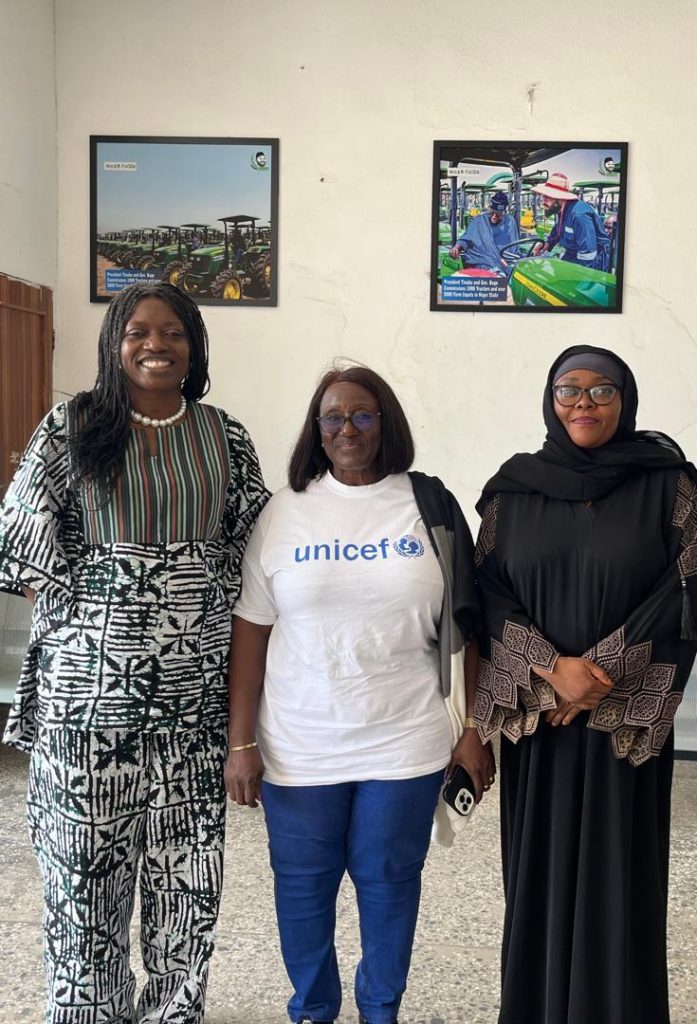The United Nations Children’s Fund (UNICEF) has partnered with Niger Foods Security Systems and Logistics Company Limited to promote hygiene practices and eliminate open defecation in local communities.
The collaboration, implemented under UNICEF’s Water, Sanitation and Hygiene (WASH) programme, aims to improve sanitation standards, particularly in areas where Niger Foods operates its farms.
During a visit to Niger Foods’ office in Minna, Theresa Pamma, UNICEF Representative, explained that the initiative focuses on raising awareness about the dangers of open defecation and its impact on public health.
She noted that poor sanitation remains a major contributor to the spread of waterborne diseases such as cholera and E. coli, which pose serious risks to children and families.
Pamma emphasized the importance of adopting proper hygiene practices, including regular handwashing with soap, use of toilets, and protection of water sources from contamination.
“Access to clean and safe drinking water is a basic human right that supports the overall health and well-being of individuals and communities,” she said.
She also appealed to traditional leaders, youth, and women’s groups to play active roles in promoting behavioural change towards cleaner and healthier living environments.
According to her, the partnership builds on Niger Foods’ ongoing collaborations with the Dangote Group and other stakeholders to boost rice production and create employment opportunities for rural households.
In her remarks, Patience Koku, Executive Director of Niger Foods, reaffirmed the company’s commitment to sustainable agriculture and community empowerment.
Koku said the collaboration with UNICEF aligns with Niger Foods’ vision of building resilient communities with access to clean water and improved sanitation.
She further expressed the company’s readiness to work with government agencies and private organizations to promote agricultural growth, strengthen food security, and enhance living standards across Niger State and beyond.


